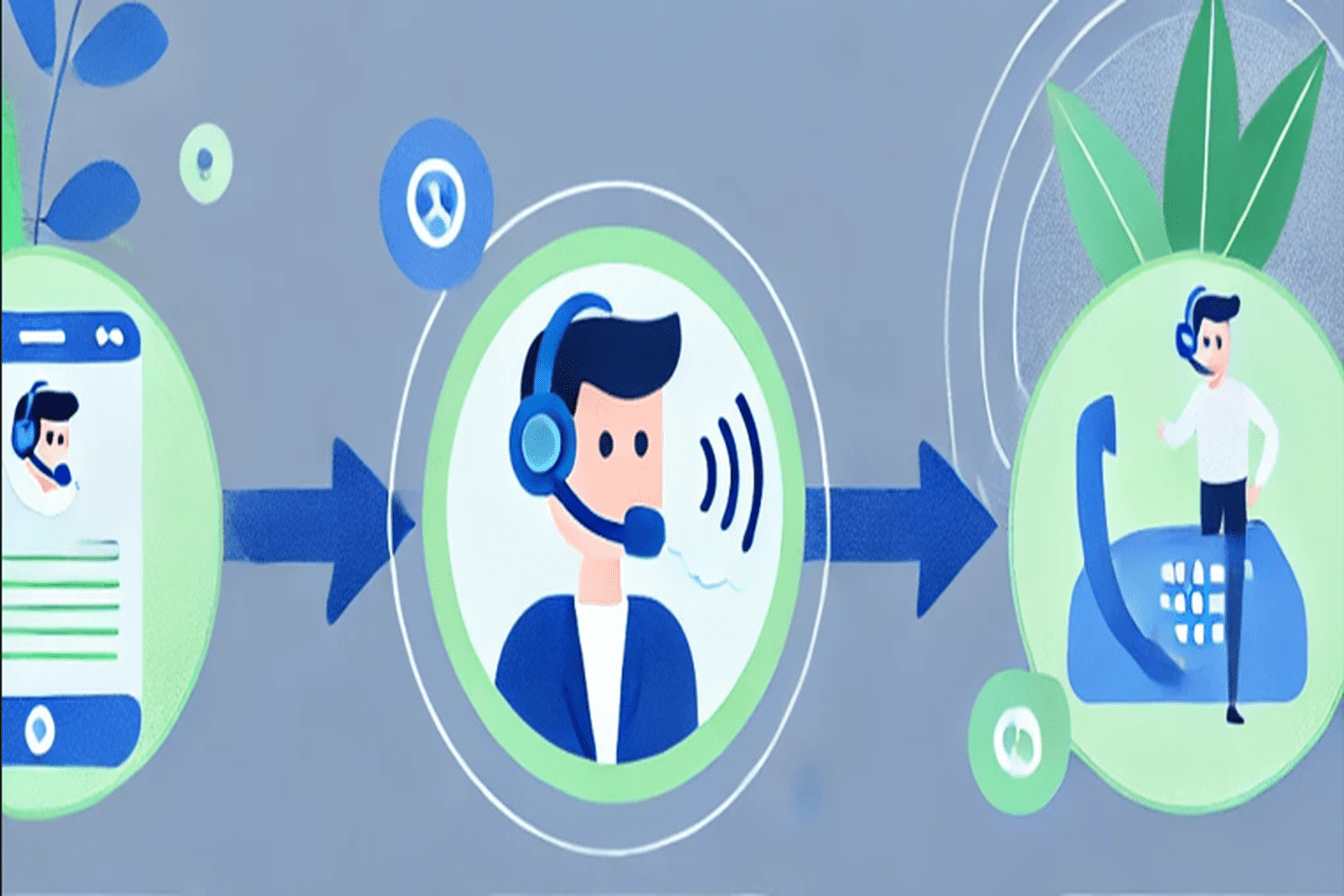AI vs traditional call center
How does an AI phone answering service compare to traditional call centers?
In recent years, AI phone answering services have gained popularity as a modern alternative to traditional call centers.
But how exactly do they compare?
Efficiency and Speed: Traditional call centers often involve waiting times as calls are routed to available agents. AI phone answering services, however, are designed to respond instantly, eliminating wait times and handling multiple calls simultaneously. This enhances customer satisfaction by reducing the frustration of long queues.
Cost-Effectiveness: Maintaining a traditional call center can be expensive due to salaries, training, infrastructure, and management costs. AI phone answering services require no such ongoing expenses. With AI, businesses pay a fraction of the cost for the same—if not better—service quality, making it an economical choice for companies of all sizes.
24/7 Availability: Traditional call centers are limited by the availability of human agents, who may not be available outside regular business hours. AI, on the other hand, operates 24/7, providing customer support at any time of day. This is especially beneficial for businesses with global customers or those looking to enhance accessibility.
Consistency in Service Quality: Human agents are prone to inconsistencies; their performance can vary based on mood, fatigue, or external factors. AI systems, however, deliver consistent responses, maintaining the same level of quality for every call.
This ensures that customers have a uniform experience regardless of when they call.
While traditional call centers have a human touch that some customers may prefer, AI phone answering services offer speed, cost-efficiency, and reliability that are hard to match.
Many businesses are now opting for AI to handle routine calls while using human agents for complex inquiries, creating a hybrid solution that combines the best of both worlds.
New Paragraph




